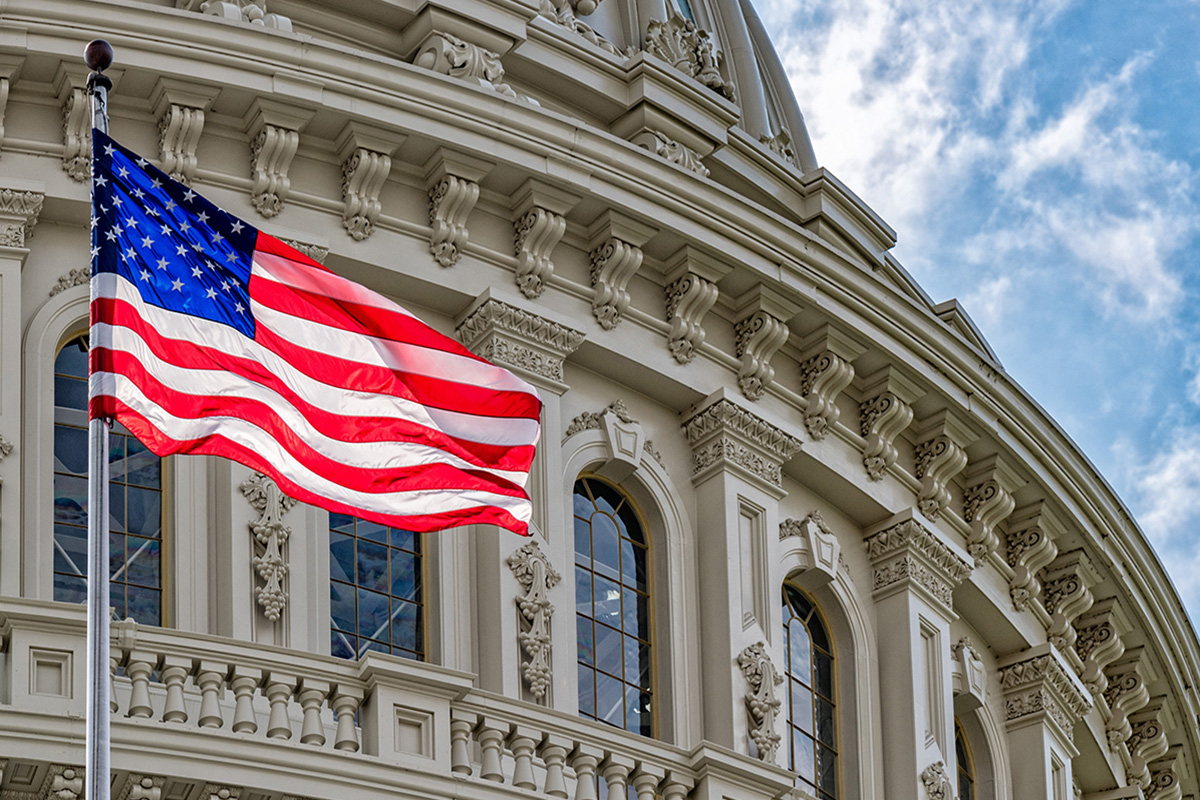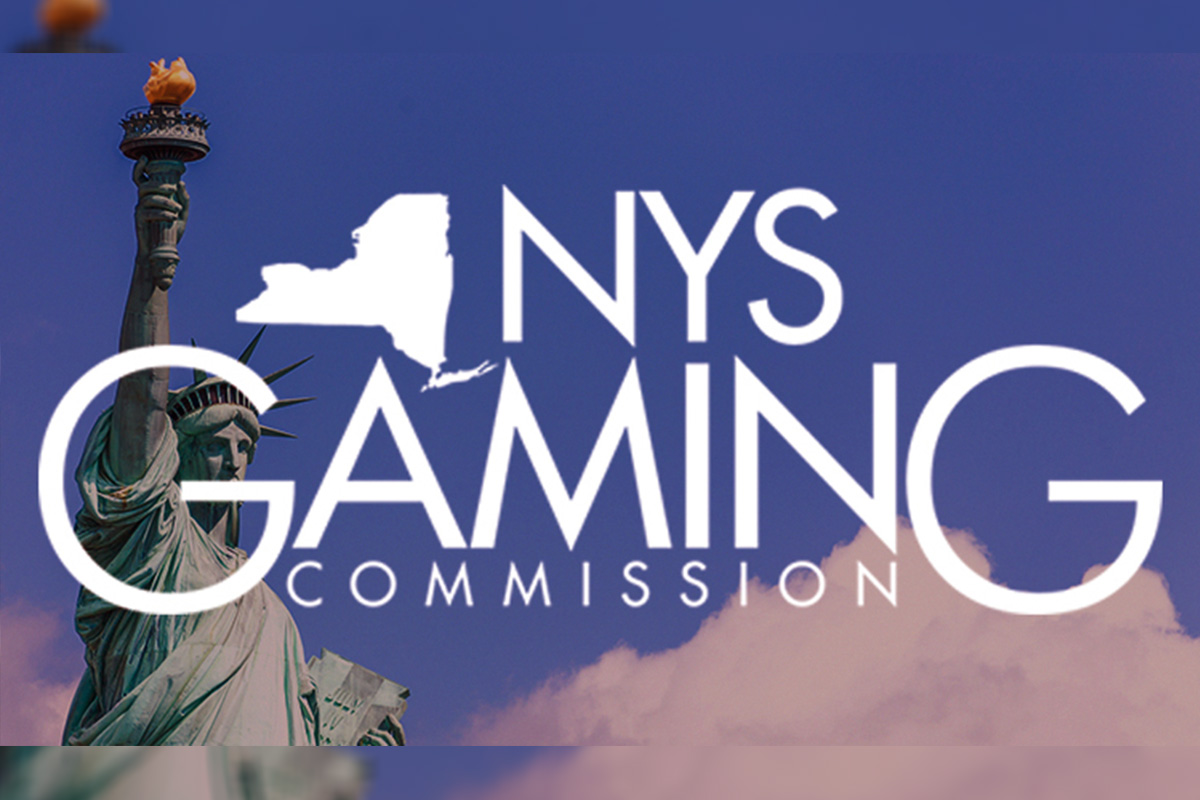
US Congress Considers Enforcement and Compliance Review of UIGEA
US Senator Tom Cotton has filed a Congressional bill entitled the “Prevention of Deceptive Child-Targeted Advertising in Violation of the Unlawful Internet Gambling Enforcement Act.”
The bill S. 3322, if adopted, would require the Secretary of the Treasury to opine on the gaming industry’s compliance with certain aspects of UIGEA. Specifically, Treasury would be required to provide: (1) a summary of offerings by online casinos and lotteries operating in the U.S., including a list of such offerings that feature content that may be targeted towards children; and (2) an assessment of both the means by which online casino and lottery websites or mobile apps receive funds from players in light of the prohibitions within UIGEA and the effectiveness of efforts by Treasury to ensure compliance with UIGEA.
Second, the bill would require the Federal Trade Commission (FTC) to report on “deceptive advertising related to unlawful internet gambling,” particularly as it relates to children and a summary of the FTC’s efforts to prevent the same.
Furthermore, the bill requires the FTC to report on how social games may be used to entice children to participate in unlawful internet gambling. Sec. 3(b)(1)(B)(i) requires a report “regarding deceptive advertising related to unlawful internet gambling, including an assessment of efforts by internet website and mobile application developers to deceptively present unlawful internet gambling opportunities, including online slot machines, lotteries, table games and similar offerings as part of non-gambling gameplay or application use within websites and mobile applications offered to users in the United States.”
In short, this bill signals a continuing concern by some in Congress with the various legal and social issues surrounding online gaming.









